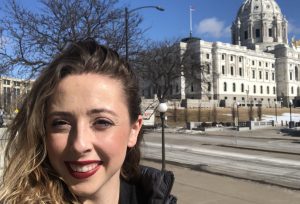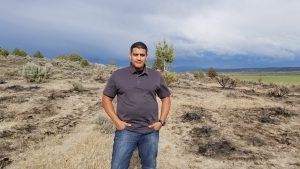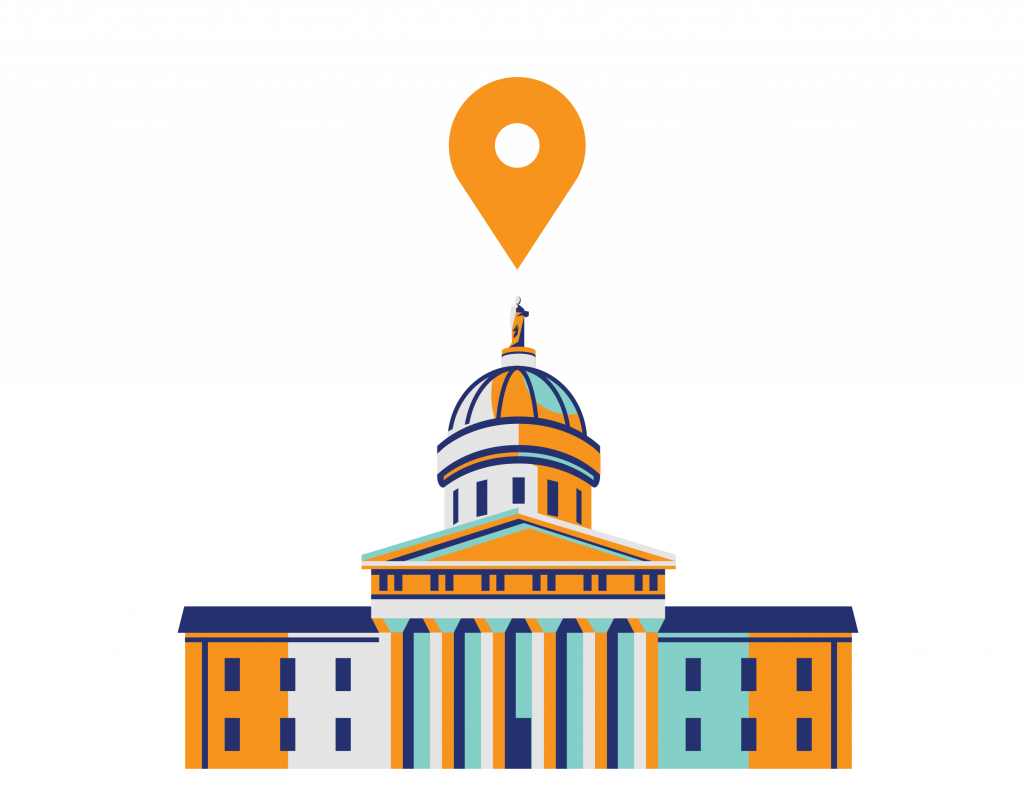Create jobs for displaced workers

Scale back widespread barriers to otherwise accessible jobs.
Licensure laws cost the American economy millions of jobs every year. Now is the time to roll them back. Here, we will introduce you to alternatives to these often unnecessary, burdensome, and insurmountable regulations, and practical ways your state can treat different occupations while protecting the public.

Open up entry-level opportunities for people who want to enter the beauty and barbering fields.
Barbering, cosmetology, and other beauty services utilize highly accessible skills that can be learned at home or on the job. They offer real opportunities to start small and learn the skills needed to advance in the industry—except that states require thousands of hours of training that costs thousands of dollars, just to start. These are costs the currently unemployed cannot afford.

Unleash hard workers who want to paint, landscape, and provide handyman services.
The construction trades have been the path to the American Dream for millions of Americans. Unfortunately, some low-risk and otherwise accessible trades that involve basic home-improvement tasks are regulated in the same way major residential and commercial development projects are.

Allow returning citizens who have paid their debt to society to get back to work.
A job is the best way to lower recidivism. But just two years ago, 27% of people who had been imprisoned were unemployed, and that number has likely risen during the pandemic as industries hit hardest by layoffs are often most welcoming to those with criminal records. Unfortunately, many other jobs are unattainable because they require a license and licensure treats a record as an immediate disqualifier.
Get Started Today.
Please fill out this form and an IJ staff member will reach out to you shortly.
